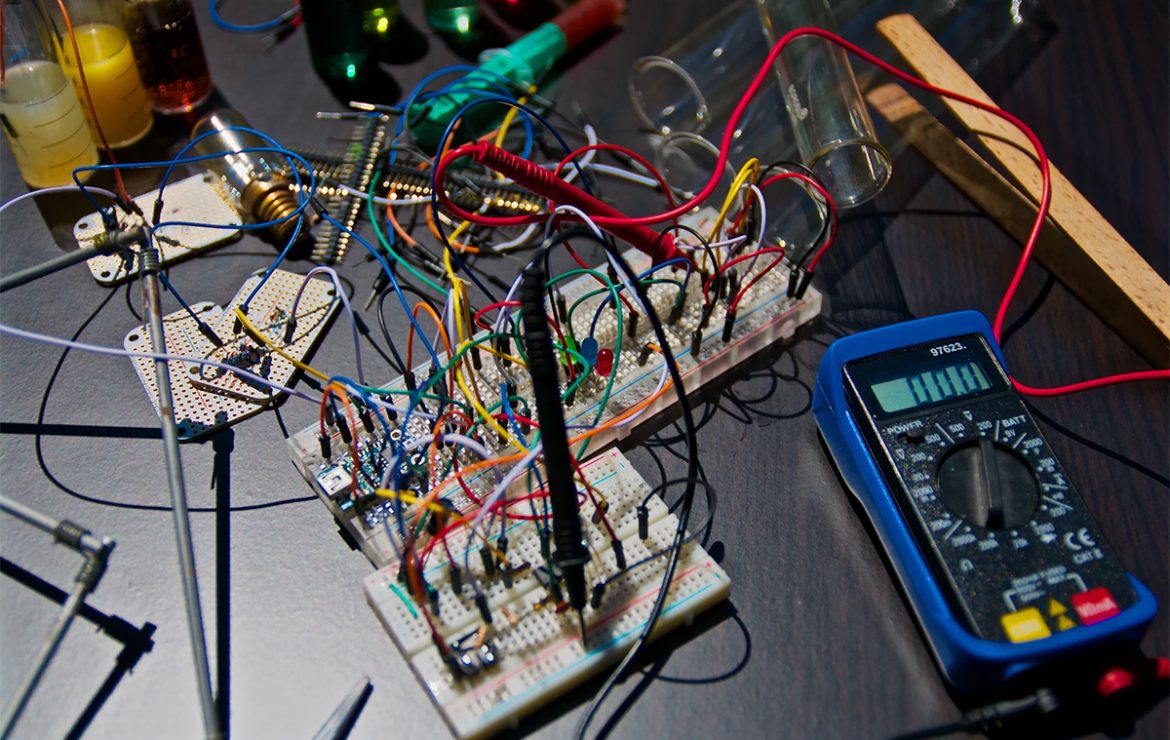
Science, its economic importance and how to implement regional strategies for delivery
“In a rapidly-evolving world, science and technology education is an important instrument in the search for sustainable development and poverty reduction” – UNESCO.
There has been much written about the importance of an effective science education strategy as a diver for economic prosperity. Today there is a greater need for ensuring every child has access to a basic science education to allow him or her to understand some of the complexities of today’s technologically driven world and as a stepping stone to further scientific understanding.
In recent years we have seen the emergence of a much wider debate regarding scientific and technological education. This has focused on the so called, “STEM” subjects of Science, Technology, Engineering and Mathematics. There is now an increased focus within every developed economy to create educational strategies that address these areas.
Fundamental to the development of a STEM programme has to be the development of a sound science educational strategy. Science is the enabler for further development of learning in such areas as medicine, engineering, agriculture and ecology. For every generation that is denied access to effective science education there is a loss to society of future doctors and engineers. In today’s rapidly expanding world of technological development failure to develop science simply widens the gap between the economies that have science education programmes and those that do not.
We have heard much recently in the press in the USA and Europe about the digital divide between those with access to computer technology and those without. I would argue that there is a bigger divide between those lucky enough to have access to an effective science education and those who do not.
Science education is currently posing many problems in developed economies from a failure to attract and train sufficient teachers. Students with science degrees have been attracted into careers that offer better opportunities and certainly offer better remuneration. The world’s current economic downturn has actually improved this situation with many young graduates seeing a career in education as desirable to the uncertainties of work in the private sector. Many countries have turned to the use of Information and Computer Technologies (ICT) to create knowledge platforms to aid the teaching of science as a way of augmenting the shortage of specialist science teachers.
Unlike many other subjects science teaching has the additional cost of laboratory resources. For many students their science teaching is purely a classroom activity and they never experience the excitement of carrying out scientific investigations in a laboratory. For the lucky students who experience a hands on science education experience it changes the way they learn and moves them from a deductive form of learning, where information is presented, to an inductive process of observing the natural world and drawing conclusions from it. Students learn this way of thinking by carrying out independent inquiries and investigations in the laboratory so a vital element of teaching science is access to laboratory facilities.
For the teacher having access to a science laboratory often poses other problems as they have not been adequately trained to use the apparatus and equipment. In recent years I have travelled extensively, visiting many schools around the world and all too often I’ve seen wonderfully resourced schools where the equipment was not being used. When discussing the situation with the teachers it seems their education and teacher training did not include much in the way of laboratory practical work. Also for many teachers there is a reluctance to expose themselves to potential embarrassment when things go wrong or don’t work as expected.
Creating science facilities and resources that can be used in every school in Nigeria from the cities to the most remote rural areas is difficult and needs different approaches. But core to the approach is training teachers to be effective practitioners with modern science equipment. By applying a common approach to the type of equipment used and its supporting teaching materials it is possible to roll out a state wide programme and benefit from scales of economy through a standard approach to equipment and teacher training. By having a standardised approach in these areas it creates a situation where teachers can support each other through collaborative networks and self help groups.
The actual laboratory facilities will differ widely from the city schools to rural schools. In the city the school may well have dedicated science labs but in rural areas this may not be the case. In the rural schools a more innovative approach will be needed possible involving the use of mobile science benches. These devices effectively turn any classroom into a science lab. But whether the teaching is to be done in a traditional lab or mobile one common to them will be the equipment and supporting teaching materials which allows a standards based approach to teacher training and development.
For schools without an electrical powers supply effective alternative energy systems can be used that generate and store power from solar and wind sources.
By applying common curriculum, common equipment sets, an innovative approach to science labs and a common teacher training programme an effective science education programme can be created that offers hands on practical learning experiences to students regardless of where they live.
As the old Chinese proverb says
“Tell me and I forget. Show me and I remember. Involve me and I understand.”





